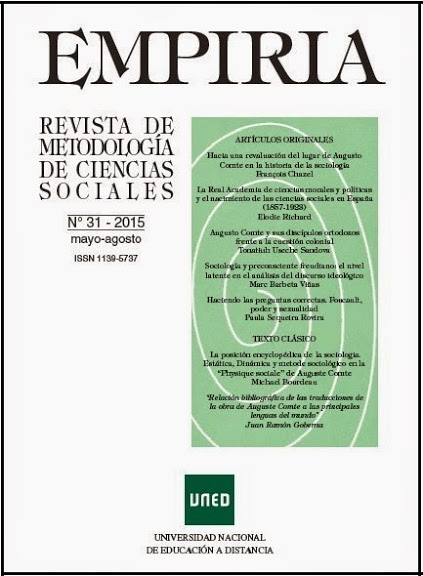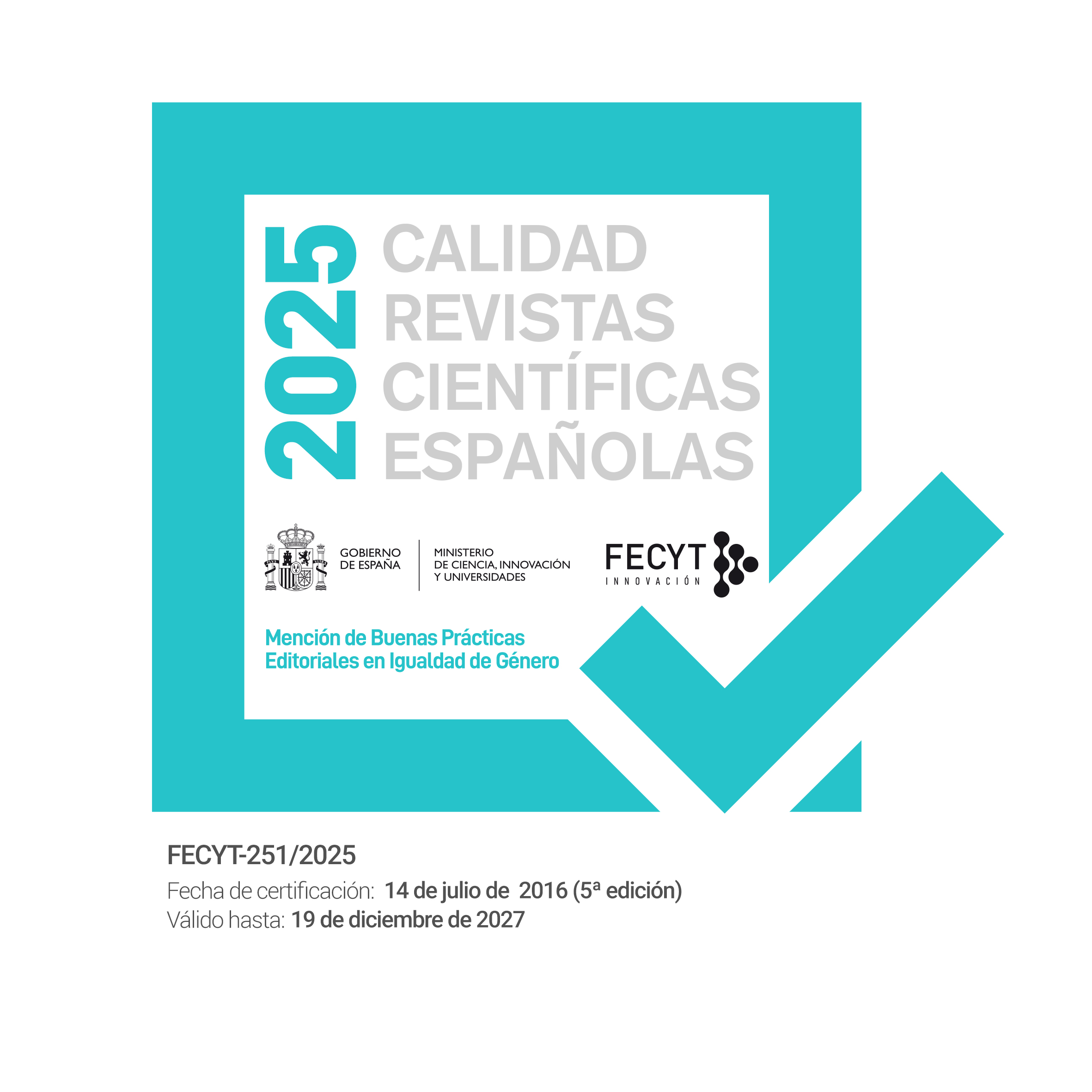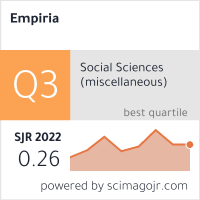Auguste Comte and his orthodox disciples facing the colonial question
DOI:
https://doi.org/10.5944/empiria.31.2015.14538Keywords:
Augusto Comte, colonization, positive polity, eurocentrism, elite of Humanity, backward populationsAbstract
This article presents the opposition of Auguste Comte and his disciples to the colonization movement which emanated from Occidental Europe in the 19th century. Even if he considers Europe as the central focus of Humanity, Comte states that European contribution to less advanced populations progress does not reside in colonial domination but in the peaceful spreading of a demonstrable doctrine. In the first part, the overall negative appreciation of Comte on modern colonization will be summarized; then his proposals to value the colonizers and to fight the colonialist statements will be mentioned; finally the case of the French conquest in Algeria will be exposed to compare Comte’s position with that of Tocqueville’s and of Enfantin’s. In the second part, a highlight will be made on the moral influence his disciples exercised in England against external colonisation. The significant role played by his Brazilians disciples against internal colonisation and in favour of the indigenous protection will be then underlined. In conclusion, Comte’s positivism constitutes a form of Eurocentric anti-colonialism.
Downloads
Downloads
Published
How to Cite
Issue
Section
License
Los autores que publican en esta revista están de acuerdo con los siguientes términos:a) Los autores conservan los derechos de autor y garantizan a la revista el derecho de ser la primera publicación del trabajo al igual que licenciado bajo una Licencia Internacional Creative Commons CC BY-NC-SA 4.0.
b) Se permite y se anima a los autores a difundir electrónicamente las versiones pre-print (versión antes de ser evaluada) y/o post-print (versión evaluada y aceptada para su publicación) de sus obras antes de su publicación, ya que favorece su circulación y difusión más temprana y con ello un posible aumento en su citación y alcance entre la comunidad académica.












